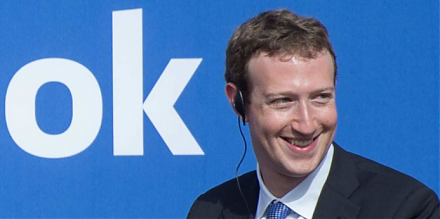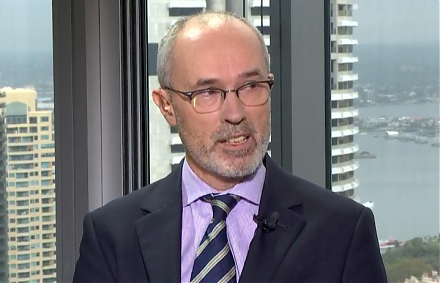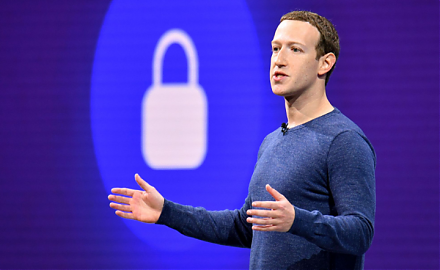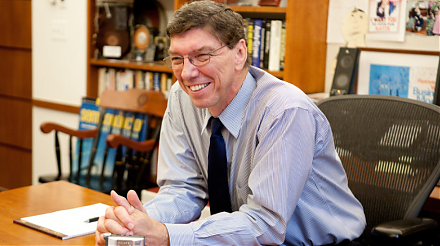

2019-08-04 08:26:00 Sun ET
technology antitrust competition bilateral trade free trade fair trade trade agreement trade surplus trade deficit multilateralism neoliberalism world trade organization regulation public utility current account compliance
U.S. and Chinese trade negotiators hold constructive phone talks after Presidents Trump and Xi exchange reconciliatory gestures at the G20 summit in Japan. Both presidents agree to an interim trade truce with 25% tariffs on $200+ billion Chinese imports (but no further tariffs on the other $325 billion Chinese goods). U.S. trade envoy Robert Lighthizer and Treasury Secretary Steven Mnuchin reconnect with Chinese Vice Premier Liu He and Commerce Minister Zhong Shan in their current effort to resolve relentless Sino-American trade disputes.
Both sides agree to resume constructive discussions to ease fears of further trade war escalation after an awkward hiatus in mid-2019. Bilateral trade talks continue even though the Trump team accuses Chinese trade technocrats of reneging on their prior commitments to a major landmark deal. U.S. trade reps emphasize the essential need for China to institute legal changes in the current unique system of state capitalism, whereas, Chinese trade reps refrain from engaging in prohibitively costly U.S. agribusiness export procurement and intellectual property protection and enforcement under Section 301 of the U.S. Trade Act 1974. At any rate, both trade teams attempt to reframe the current bilateral trade conflict before it becomes an unnecessary tech cold war.
If any of our AYA Analytica financial health memos (FHM), blog posts, ebooks, newsletters, and notifications etc, or any other form of online content curation, involves potential copyright concerns, please feel free to contact us at service@ayafintech.network so that we can remove relevant content in response to any such request within a reasonable time frame.
2017-12-03 08:37:00 Sunday ET

Sean Parker, Napster founder and a former investor in Facebook, has become a "conscientious objector" on Facebook. Parker says Facebook explo
2019-08-05 13:30:00 Monday ET

China continues to sell U.S. Treasury bonds amid Sino-U.S. trade truce uncertainty. In mid-2019, China reduces its U.S. Treasury bond positions by $20.5 bil
2018-08-19 10:34:00 Sunday ET

The World Economic Forum warns that artificial intelligence may destabilize the financial system. Artificial intelligence poses at least a trifecta of major
2019-05-03 11:29:00 Friday ET

Key tech unicorns blitzscale business niches for better scale economies from Uber and Lyft to Pinterest, Slack, and Zoom. LinkedIn cofounder and serial entr
2019-07-21 09:37:00 Sunday ET

Facebook introduces a new cryptocurrency Libra as a fresh medium of exchange for e-commerce. Libra will be available to all the 2 billion active users on Fa
2020-04-24 11:33:00 Friday ET

Disruptive innovations tend to contribute to business success in new blue-ocean markets after iterative continuous improvements. Clayton Christensen and